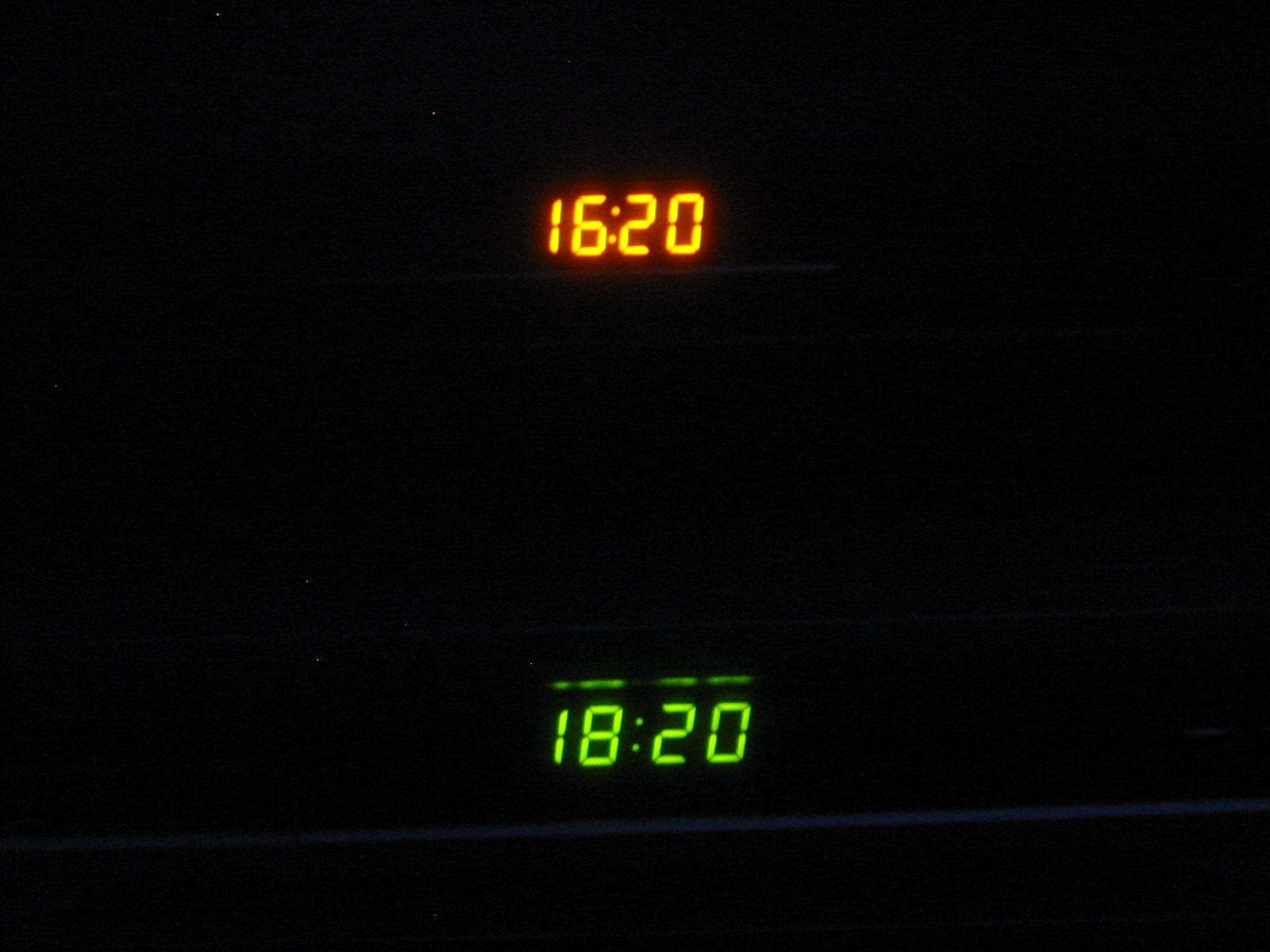
Hi, I'm Iljitsch van Beijnum. This page has all posts about all subjects.
As Zebra progress has been glacial, a group of people created a fork under the name Quagga. Quagga is more community-based and a somewhat better choice than Zebra in an operational environment.
Permalink - posted 2007-01-30
2006 was another busy year for the five Regional Internet Registries: together, they gave out 161.48 million IPv4 addresses, just shy of the 165.45 million given out in 2005 as measured on january first 2006. Lots more information in the 2006 IPv4 Address Use Report.
Permalink - posted 2007-01-01
2006 was another busy year for the five Regional Internet Registries: together, they gave out 161.48 million IPv4 addresses, just shy of the 165.45 million given out in 2005 as measured on january first 2006.
Permalink - posted 2007-01-01
If you want to use the BGP routing protocol, you need an Autonomous System number. These AS numbers were 16 bits in size until now, allowing for around 64000 ASes, and more than half of those have been given out already. To avoid problems when we run out of AS numbers, the IETF came up with modifications to BGP to allow for 32-bit AS numbers, as I explained in a posting about a year ago.
Obviously, at some point someone has to bite the bullet and start using one of these new AS numbers. This bullet biting may happen fairly soon, as the five Regional Internet Registries have all adopted, or are in the process of adopting, the following policy:
So what does this mean for people who run BGP today? Not all that much, really, because the changes to BGP to support the longer AS numbers are completely backward compatible. The only change is that you'll see the AS number 23456 appear in more and more places. In routers that don't yet support 32-bit ASes, the special 16-bit AS number 23456 shows up as a placeholder in places where a 32-bit AS is supposed to appear.
If you have scripts that perform AS-related operations on the Routing Registries (such as the RIPE database), you'll have to adjust your software to parse the new format for 32-bit AS numbers. They are written down as <16bits>.<16bits>, for instance, 3.1099 is a new 32-bit AS number and 0.23456 is the 32-bit version of AS 23456. However, this format isn't standardized so 32-bit AS numbers may show up differently in your router. Have a look at the RIPE announcement.
As soon as the first 32-bit AS number appears in the wild I'll report it here so you can check whether it shows up in its full 32-bit glory or as 23456. In the mean time, you may want to ask your router vendor for 32-bit AS support. At least one of the big vendors isn't implementing it in all of their lines just yet because they claim there is no customer demand for it.
Permalink - posted 2006-12-29
The other day, I was sitting in a hotel lobby waiting for some people, working on my laptop. There I had the following conversation:
“Hey, is there a wireless network here?”
“No.”
“Then how are you working?”
“I’m working offline.”
<gasp>
In this age of AJAX, webmail, instant messaging and YouTube videos working offline seems so 1980s. I guess this means I’m getting old, because I’m much more comfortable having my stuff (or at least, copies of my stuff) on local storage, so I have access to it regardless of my connectivity, and there is at least a fighting chance that an application that works today still works tomorrow.
Interestingly, Microsoft, a company that makes billions selling software that makes computers useful whether or not they’re connected (Office), has jumped on the web-based applications bandwagon. Apparently they don’t see that web-based applications make Microsoft obsolete: all you need to run them is Linux and Firefox.
Apple on the other hand, seems to focus on applications that work best locally. Long after the majority of Office users have switched to free or cheap web-based alternatives, possibly discarding Windows in the process, creative professionals (and hobbyists) will still be buying Apple hard- and software to do their audio, video and image editing.
(Originally published on the Apress blog, which is now gone.)
posted 2006-11-06

Image link - posted 2006-10-29 in